Read time: 5 minutes, 30 seconds.
Sleep is essential for maintaining health and it plays a critical role in anti-aging and athletic performance. During sleep, the body repairs and regenerates cells. This includes skin cells, which help to reduce the appearance of fine lines, wrinkles, and other signs of aging.
Further Reading: 10 Anti-Aging Foods to Preserve Your Youth
Lack of sleep can impair athletic performance by reducing reaction time, speed, and endurance, and increasing the risk of injury. Inadequate sleep can also negatively affect hormone levels, including growth hormone and testosterone. These are essential for muscle growth and repair. Getting enough high-quality sleep is therefore crucial for athletes looking to maximize their performance and individuals seeking to maintain their youthful appearance.
Sleep plays a crucial role in regulating the production and release of hormones in the body. One of the most important hormones that is influenced by sleep is cortisol, which is produced by the adrenal gland and helps to regulate the body’s response to stress. Lack of sleep can cause cortisol levels to remain elevated, which can lead to a range of health problems, including increased inflammation, impaired immune function, and weight gain. Chronic sleep deprivation can also disrupt the body’s production of growth hormone, which is essential for tissue repair, muscle growth, and bone density. Inadequate sleep has also been linked to imbalances in the hormones that regulate appetite, including leptin and ghrelin, which can contribute to overeating and weight gain.
In addition to cortisol and growth hormone, sleep also plays a critical role in regulating the production and release of other hormones, including melatonin, testosterone, and estrogen. Melatonin, which is produced by the pineal gland in the brain, helps to regulate the sleep-wake cycle and promotes restful sleep. Lack of sleep can disrupt the body’s production of melatonin, making it more difficult to fall asleep and stay asleep. Testosterone and estrogen, which are produced in the testes and ovaries respectively, are essential for reproductive health, but they also play important roles in regulating bone density, muscle mass, and mood. Chronic sleep deprivation can cause imbalances in these hormones, which can have a range of negative effects on overall health and well-being.
Here are some things you can do to ensure you fall asleep fast and stay sound asleep until the sun comes up.
Stick to a regular sleep schedule.
Sticking to a regular sleep schedule is crucial for maintaining good sleep hygiene and overall health. Our bodies thrive on routine, and a consistent sleep schedule helps to regulate our circadian rhythms, which are the internal processes that govern our sleep-wake cycles. By going to bed and waking up at the same time every day, we help our bodies maintain a regular sleep pattern, making it easier to fall asleep and stay asleep.
Also Read: Sleep Hacks to Upgrade Your Sleep
Regular sleep schedules can also help to improve sleep quality and reduce the risk of sleep disorders, such as insomnia and sleep apnea. Additionally, a regular sleep schedule can help to regulate hormone levels, including cortisol, which can reduce stress and improve overall health and well-being. Try to go to bed and wake up at the same time every day, even on weekends.
Create a relaxing bedtime routine.
A bedtime routine can help to signal to your body that it’s time to wind down and prepare for sleep. This can include activities that promote relaxation, such as taking a warm bath, practicing meditation or deep breathing exercises, reading a book, or listening to calming music.
By incorporating relaxing activities into your bedtime routine, you can help to reduce stress and anxiety, which can interfere with sleep. Additionally, a consistent bedtime routine can help to regulate your body’s internal clock and improve overall sleep quality. By creating a relaxing and consistent bedtime routine, you can help promote restful and restorative sleep, leading to improved physical and mental health.
Create a sleep-conducive environment: Make sure your bedroom is quiet, dark, and cool, and that your mattress and pillows are comfortable.
Limit exposure to screens before bed.
The biology of light plays a significant role in regulating our sleep-wake cycle. Exposure to light, particularly blue light, suppresses the production of melatonin, a hormone that helps to regulate sleep. In the natural environment, blue light exposure is highest during the day and lowest at night, which helps to maintain a healthy circadian rhythm.
Also Read: 7 Tips for Falling Asleep Faster
However, exposure to screens, such as TVs, computers, smartphones, and tablets, can emit high levels of blue light, which can disrupt our sleep-wake cycle and interfere with our ability to fall asleep and stay asleep. Limiting exposure to screens before bed is therefore essential for maintaining good sleep hygiene. Instead, consider engaging in relaxing activities that promote restful sleep, such as reading a book, taking a warm bath, or practicing meditation. By limiting screen time before bed, you can help to promote a healthy sleep-wake cycle and improve overall sleep quality.
Minimize alcohol and caffeine consumption.
Caffeine and alcohol both have a significant impact on the biology of sleep and should be avoided before bed. Caffeine is a stimulant that blocks the action of adenosine, a naturally occurring compound in the brain that promotes sleepiness. Consuming caffeine, even several hours before bed, can disrupt the body’s ability to fall asleep and achieve restful sleep. Alcohol, on the other hand, is a sedative that can initially promote sleepiness.
These substances also disrupt the normal sleep cycle and can lead to frequent awakenings and poor sleep quality. Alcohol can also worsen snoring and sleep apnea, leading to further sleep disruption. For these reasons, it is best to avoid caffeine and alcohol before bed and to limit their consumption throughout the day. By avoiding these substances, you can help to promote restful and restorative sleep and improve overall sleep quality.
Also Read: 4 Ways to Upgrade Your Sleep
Get regular exercise.
Regular exercise has been shown to promote restful sleep by reducing stress, anxiety, and depression. Exercise also helps to regulate our body’s internal clock by promoting the release of hormones, such as cortisol and melatonin, which help to regulate our sleep-wake cycle. Additionally, exercise has been shown to increase the amount of deep sleep we experience, which is the most restorative stage of sleep.
The timing of exercise can also impact our sleep. Intense exercise close to bedtime can increase alertness and make it more difficult to fall asleep. Therefore, it is recommended to exercise earlier in the day and allow time for the body to cool down before bedtime. By incorporating regular exercise into your routine, you can help to promote restful and restorative sleep, leading to improved physical and mental health.
Manage stress.
When we experience stress, our body releases hormones, such as cortisol and adrenaline, which increase alertness and arousal, making it difficult to fall asleep and stay asleep. Chronic stress can also disrupt our body’s natural sleep-wake cycle, leading to poor sleep quality and insomnia. Additionally, poor sleep can increase stress levels, creating a vicious cycle. It is essential to manage stress to improve sleep quality.
Also Read: My Secret To Surviving Stress
Relaxation techniques, such as meditation, deep breathing, and progressive muscle relaxation, can help to reduce stress levels and promote relaxation before bed. Establishing a relaxing bedtime routine and creating a comfortable sleep environment can also help to reduce stress and promote restful sleep. By managing stress levels, you can help to improve sleep quality and overall health and well-being.
In summary...
Sleep plays a critical role in our physical and mental health, and there are various strategies we can use to improve our sleep quality. By creating a comfortable sleep environment and routine you can promote restful and restorative sleep. Good sleep hygiene is essential for maintaining optimal physical and mental health, including anti-aging, athletic performance, hormone regulation, and stress management. By prioritizing good sleep habits, we can improve our overall health and well-being and enjoy the many benefits that come with getting a good night’s sleep.
If you have tried everything on this list and still have trouble sleeping despite, you may have an underlying sleep disorder such as sleep apnea or insomnia. Consult with a healthcare professional who can help diagnose and treat the condition.
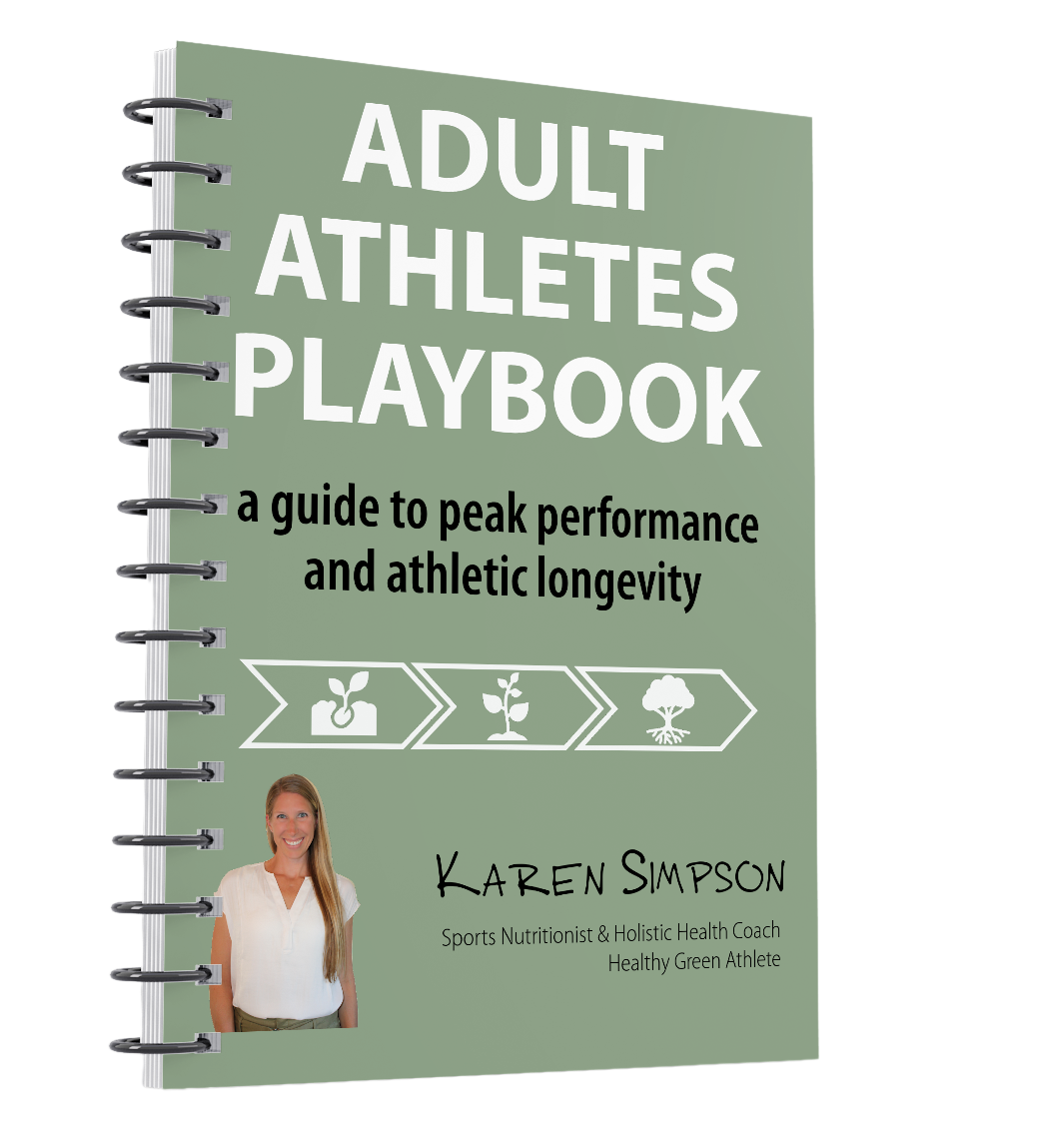
Adult Athletes Playbook
A Guide to Peak Performance and Athletic Longevity
This playbook will help you develop and implement a personalized game plan for improving athletic performance.

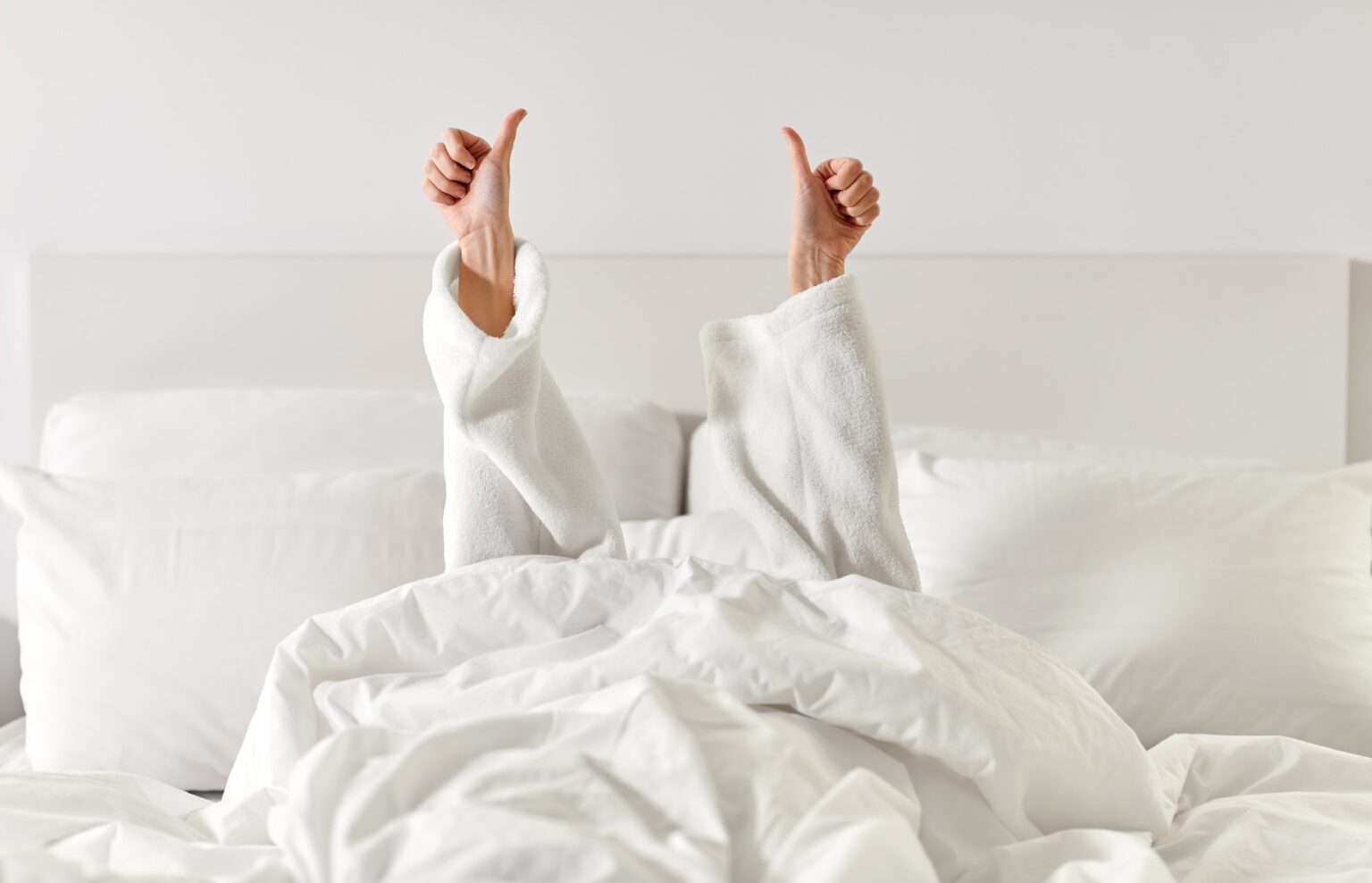
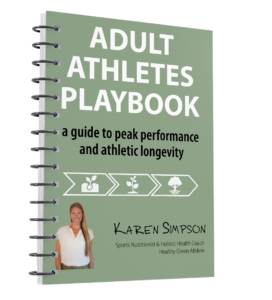



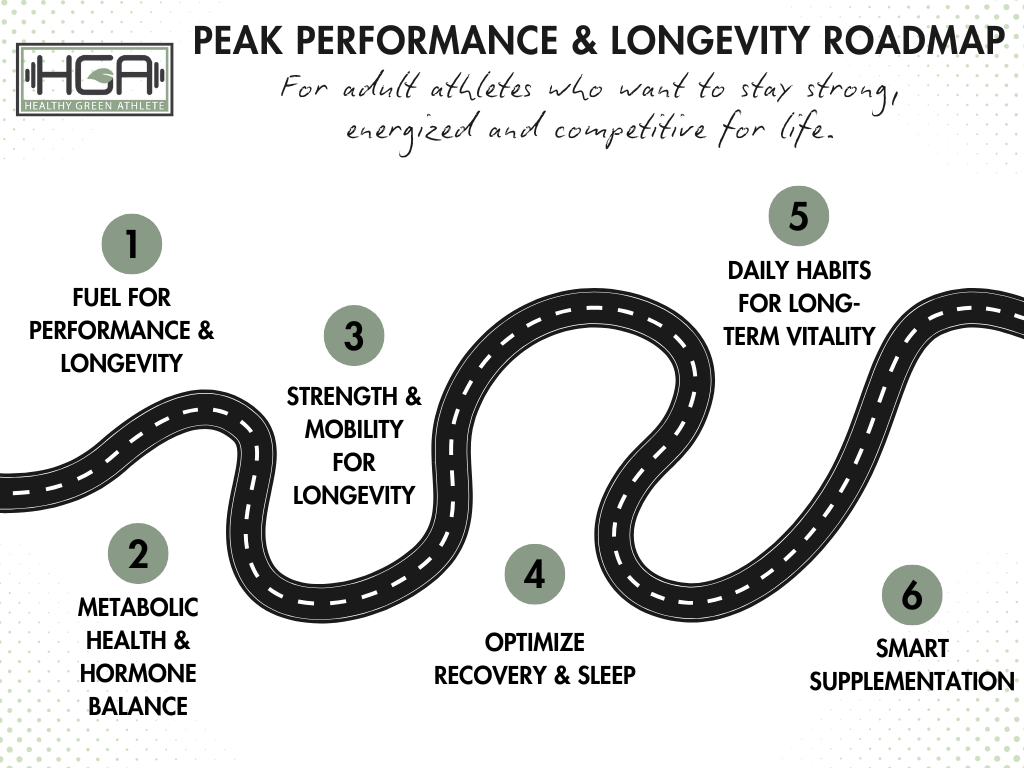




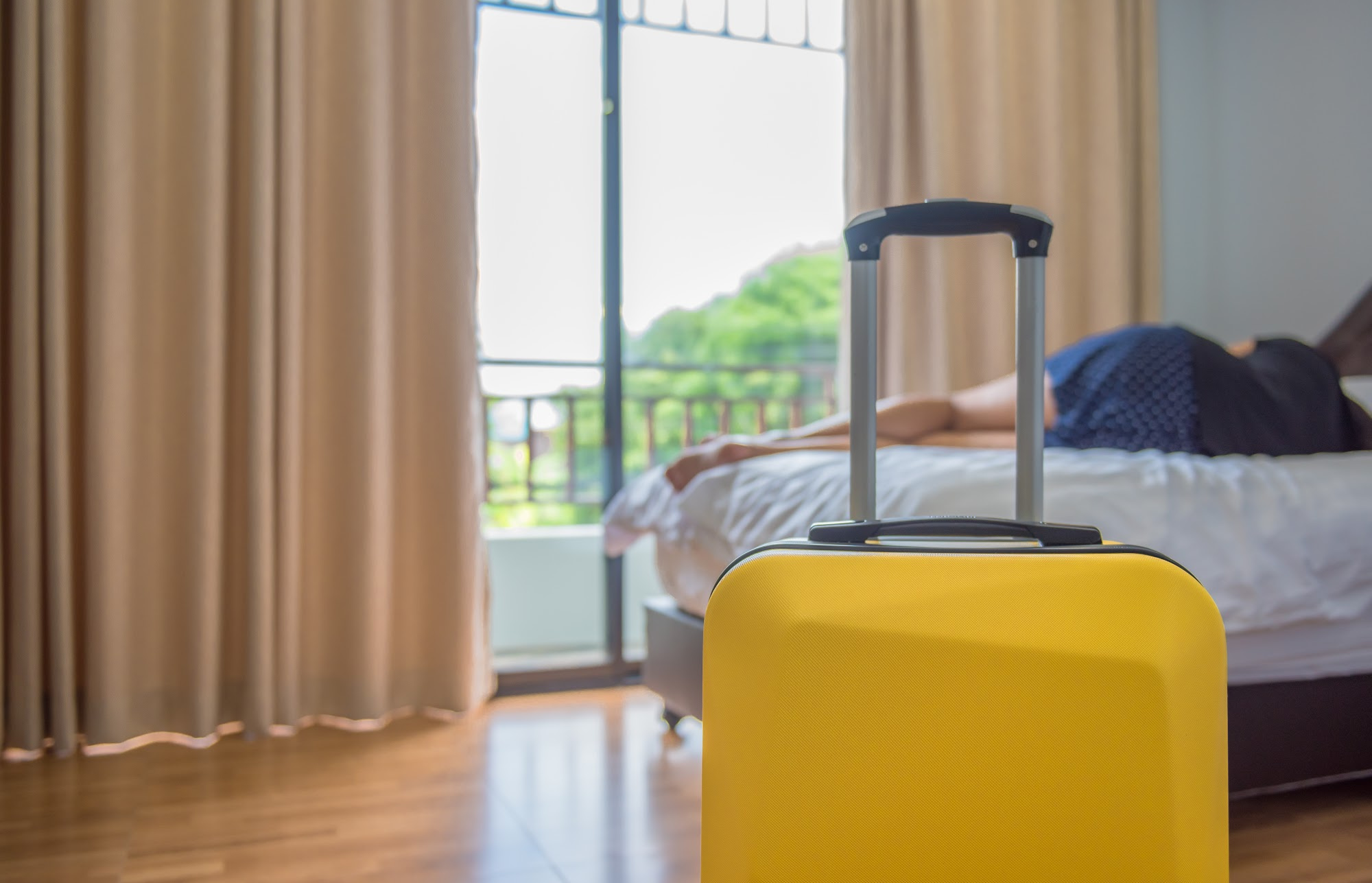


10 Comments
Pingback:
Pingback:
Pingback:
Pingback:
Pingback:
Pingback:
Pingback:
Pingback:
Pingback:
Pingback: